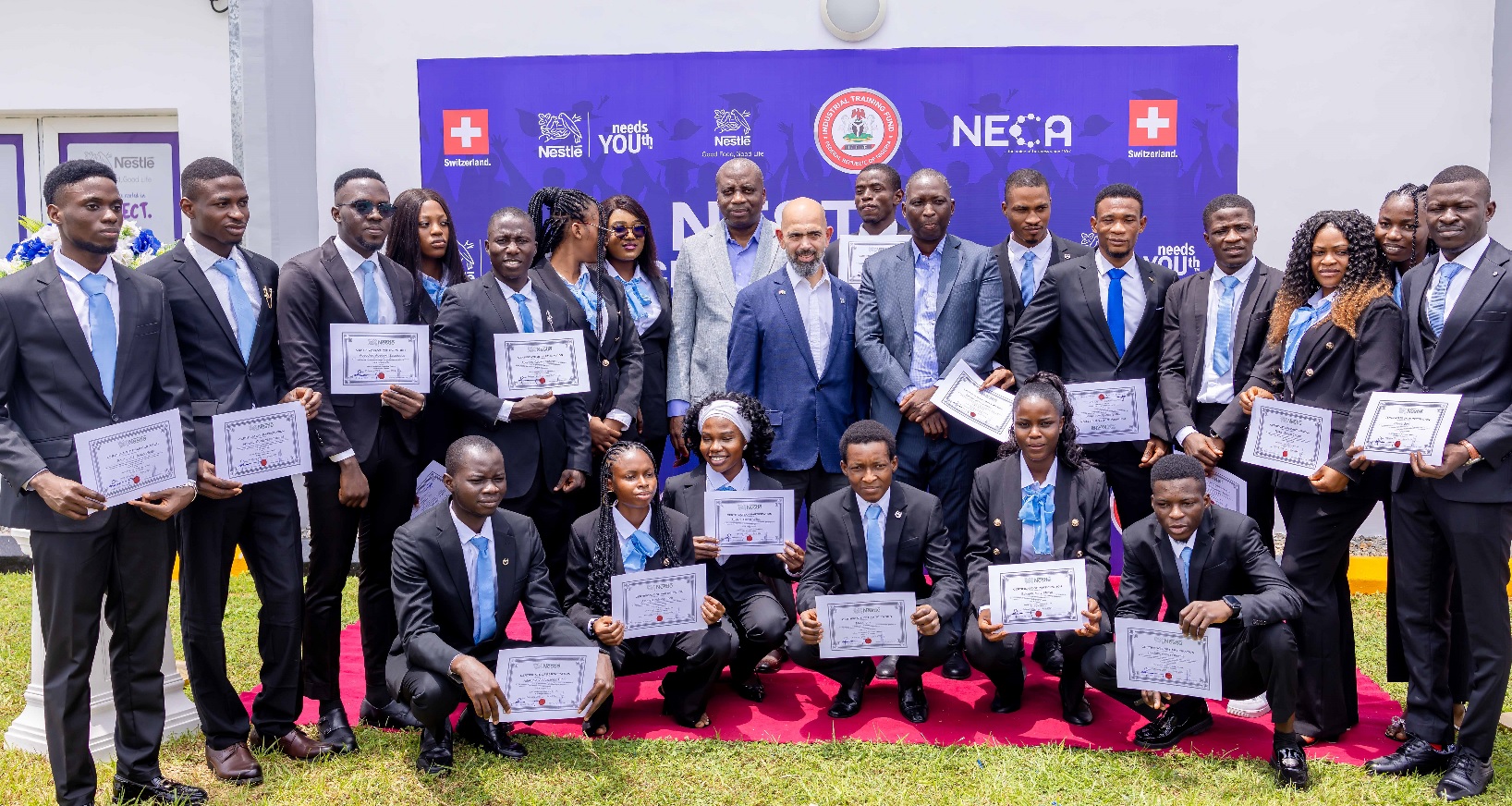
Youth unemployment remains a pressing challenge across Africa, affecting millions of young people and stifling potential. According to World Bank statistics, youth unemployment rates across Africa average between 12 and 14 percent. Although factors like limited opportunities, high informal employment rates, and skills mismatches contribute to the continent’s unemployment crisis, economic challenges also play a significant role.
In South Africa, youth unemployment rates exceed 60 percent, while Nigeria has a youth unemployment rate of 19.6 percent. Other nations, like Ghana, Liberia, Togo, and Cameroon, also struggle with significant unemployment among young people. The impact of youth unemployment reverberates through families and communities, compromising social stability and economic growth. In Nigeria, the recent rise in kidnapping and banditry has been attributed to joblessness among young people, pushing many toward crime as a means of survival. Additionally, the frustration associated with joblessness has been linked to mental health issues, substance abuse, brain drain, and reduced GDP.
Nestlé’s initiatives to empower Nigerian youths
To help mitigate this crisis, Nestlé Nigeria has empowered over 200 Nigerian youth through its Technical Training Programme, launched in 2011. With an investment of over six billion naira, Nestlé Nigeria operates three Technical Training Centres (TTCs) nationwide. The first TTC was established in 2011 at its Agbara factory in Ogun State, followed by the Abaji centre in 2017 to serve trainees in northern Nigeria. The latest centre, located at the Flowergate factory in Ogun State, opened recently.
These TTCs offer an 18-month programme focused on equipping young people with essential technical skills, such as mechanical fitting, electrical operations, and automation. Many graduates have been absorbed into Nestlé’s workforce. Commenting on the programme’s impact, Managing Director and CEO of Nestlé Nigeria, Wassim Elhusseini, expressed pride in the achievements of the graduates.
“For over 13 years, our commitment to nurturing young talent has reflected our confidence in the future of this generation. This year alone, we proudly graduated 70 skilled professionals across all our centres, including Agbara and Abaji, all of whom have now joined our team. For us, this programme is more than just skills training—it’s about empowering young people to shape their futures and become catalysts for change.
“By equipping them with critical technical expertise, we are opening doors to personal growth and financial independence. Ultimately, this is a long-term investment in creating shared value, as their success extends beyond themselves, impacting their families, strengthening communities, and driving growth in the industry,” he noted.
At the first graduation ceremony for the Flowergate facility, Elhusseini highlighted the programme’s unique training model, which combines theoretical learning with hands-on engineering experience. Graduates also receive the City & Guilds of London Technicians’ Certification, significantly enhancing their employability.
Ogun State commends Nestlé’s efforts
Ogun State’s Commissioner for Education, Science, and Technology, Professor Abayomi Adelaja Arigbabu, represented by Director of State Schools Sports, Comrade Rotimi Okeleye Olarotimi, praised Nestlé’s commitment to youth empowerment. He encouraged the trainees to apply their newfound skills and knowledge: “The skills and training you have acquired in the Nestlé Technical Training Centre is a powerful tool that can shape your future and open doors to new possibilities. I implore you to strive for excellence in all your endeavours and make a positive impact in your chosen field.”
Testimonials from NTTC graduates
In seperate exclusive chats with Pharmanewsonline, some beneficiaries of the programme shared how it has transformed their lives thus:
The programme has impacted my career and personal development – Ajasa-Lot

For 34-year-old Mayowa Ajasa-Lot, from Agbara, Ogun State, the programme was life-changing. A Yaba College of Technology student, he learned about the training through a friend who had completed it. Reflecting on the experience, he shared thus, “The training greatly improved my practical knowledge, bridging the gap between school theory and real-world application. The hands-on experience deepened my understanding of technical aspects, crucial for my growth. Now, as a full employee, I apply the rigorous training in my daily tasks. It wasn’t just about technical skills; it instilled discipline, attention to detail, and problem-solving abilities. Personally, the training boosted my confidence and self-discipline, helping me with time management and leadership beyond work.”
It improved my versatility and practical knowledge – Nwachukwu

Chidinma Esther Nwachukwu, a 24-year-old indigene of Imo State, described the programme as a rigorous exercise that strengthened her professional skills and versatility. She found out about the training through social media shortly after finishing her Ordinary National Diploma (OND): “The Nestlé Technical Training made me even tougher. It was an intensive programme filled with hands-on experiences that significantly increased my versatility and practical knowledge. Additionally, the training allowed me to connect with professionals in my field, which has greatly aided my career development.”
The training profoundly shaped my life – Kilaso

Similarly, Moshood Kilaso, 25, from Ogun State, said the programme gave him life-changing opportunities, including international exposure. He first heard about it during an internship at a pharmaceutical company. He narrated: “The training has profoundly influenced my life. I earned Level 3, 4, and 5 certificates in Advanced Mechanical Engineering from City & Guilds, and had access to state-of-the-art learning facilities. I also had the opportunity to travel to Switzerland for two months of intensive training in industrial engineering.”
Expanding the NTTC programme digitally and numerically
While graduates expressed gratitude to Nestlé, they also highlighted areas for improvement. They suggested expanding the programme to include digital skills training and increasing enrolment. Ajasa-Lot noted that proficiency in digital tools would better prepare participants for modern workplaces, “Mastering tools like the Microsoft Office suite, Power BI for data analysis, and Microsoft Teams for collaboration is crucial in today’s technology-driven world. By incorporating additional digital skills training, the programme would better prepare participants to excel in the modern workplace.”
Kilaso also called for expanding the programme to reach more Nigerian youth. “I am deeply grateful to Nestlé for this opportunity, as the programme has been instrumental in shaping both my personal and professional development. I look forward to seeing them extend this golden opportunity to other young Nigerians like myself.”
Nestlé’s commitment to empowering youth through technical training is clearly creating lasting impact, equipping young Nigerians with skills, confidence, and a pathway to success. As the company continues to invest in the programme, its role in addressing youth unemployment and strengthening Nigeria’s future workforce becomes all the more vital.











[…] post How Nestlé is Empowering, Shaping Future of Nigerian Youths appeared first on […]